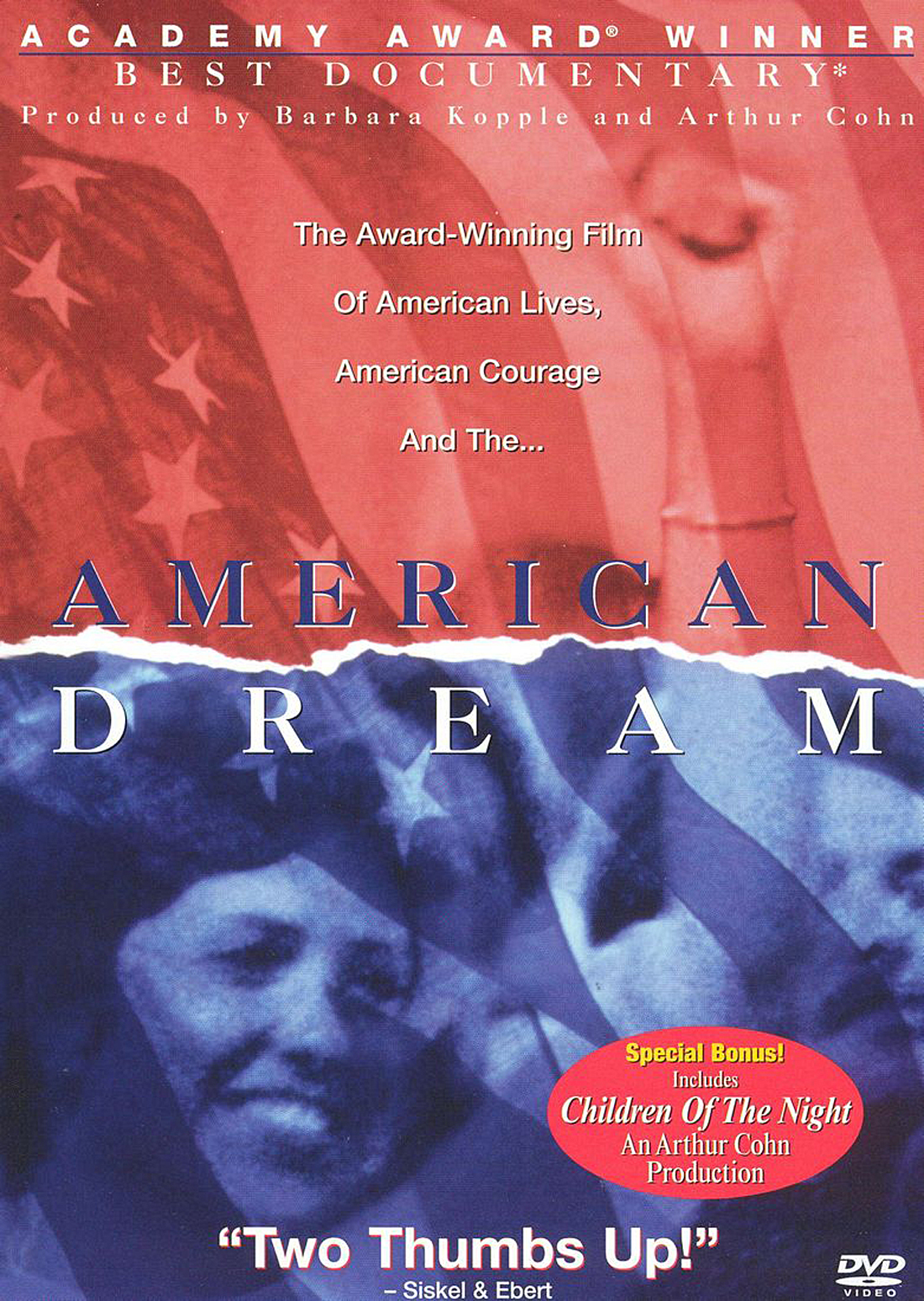While watching “American Dream,” I found myself torn over what occurred in Austin, Minnesota back in the mid-1980s. As a business student, I felt ashamed of what the Hormel Corporation was trying to do to their workers, but also as the son of a Hormel union employee (hired many years after the strike) I was disappointed at the path the union chose to protect themselves. The single biggest mistake that the union made was the hiring of Ray Rogers to run their efforts.
In the 1980s the meatpacking industry changed dramatically. Many union jobs were lost to lower paid non-union labor. Because of all these changes, the motivation of Hormel to cut wages in order to plan for the darker fiscal years that were ahead seemed sensible. Better communication of this to the workers could have lead to a compromise. However, the union decided to hire a strategist, Ray Rogers, who cut off communication with his attempts to embarrass Hormel into submission. By declaring war on the company, Rogers made the Hormel management become more and more entrenched as they saw the union workers as enemies that couldn’t be bargained with.
The parades and picketing of local businesses that Rogers had the workers do only raised tensions in Austin. He talked the union members into situations where we saw brother against brother. It was inspiring how Rogers brought the workers together, but that togetherness didn’t accomplish any good when it was used to channel hate.
When Rogers took the workers on strike, he took away a major weapon against Hormel: the threat of a strike. Hormel wouldn’t want to go through the costly hassle of hiring and training new workers, but once their $100 Million plant was standing empty, something had to be done. Hormel was forced to hire new workers since the union could no longer be reasoned with. While Rogers had the workers picketing, the chances of them getting their jobs back disappeared with each new worker who crossed the lines.
In “American Dream,” Ray Rogers is referred to several times by union members that oppose him as a brilliant motivator and it is obvious that he was. Rogers told the union everything that they wanted to hear and made them ignore the National Union’s pleas of compromise. In truth, if national lead negotiator Lewie Anderson had been allowed to work on a settlement, the employees would have likely lost some of their benefits. But as it happened, many employees lost their jobs and wages were cut anyway. As a result, many residents of Austin and Hormel employees still wonder to this day if anything was really accomplished by the strike.
- Moonlighting (1985) – A Series Review - September 12, 2024
- San Diego Comic-Con 2024 Analysis - July 31, 2024
- “Masters of Doom” by David Kushner - December 16, 2023
